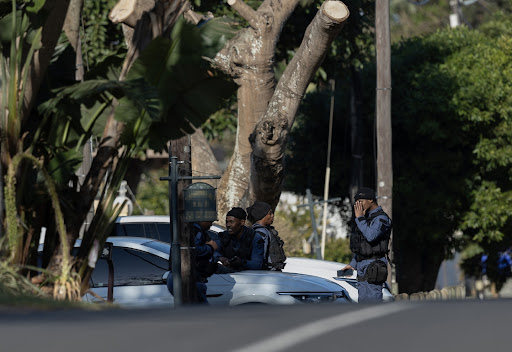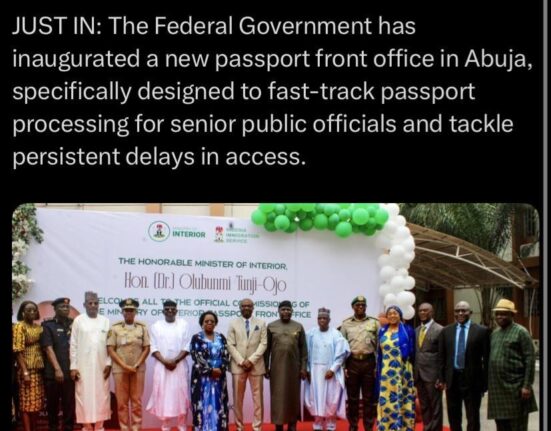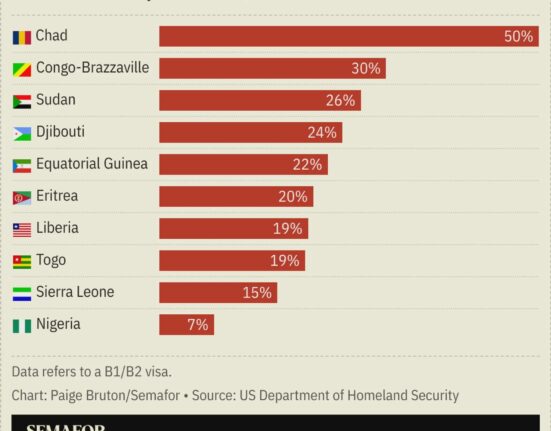KwaZulu-Natal finds itself on edge, bracing for the potential fallout following explosive allegations made by provincial police commissioner Lt-Gen Nhlanhla Mkhwanazi. In a stunning revelation, Mkhwanazi accused senior political and police figures of corruption, ties to an international drug syndicate, and meddling in high-level investigations. The implications of these accusations reverberate far beyond the corridors of power, shaking the very foundations of trust and integrity within the region.
As the sun rises over the bustling province of KwaZulu-Natal, whispers of dissent and unrest linger in the air. The shadows cast by these allegations loom large, threatening to plunge the region into a new wave of turmoil. The intricate web of power dynamics, corruption, and criminal influence painted by Mkhwanazi’s words paints a grim picture of a system tainted by greed and malfeasance.
The allegations levied by Mkhwanazi strike at the heart of the delicate balance between law enforcement, politics, and justice, laying bare the vulnerabilities within the system.
The history of KwaZulu-Natal is a tapestry woven with threads of resilience, struggle, and triumph. From its turbulent past marked by colonial conquests and apartheid-era strife to its present-day identity as a vibrant, cosmopolitan hub, the province has weathered many storms. However, the current allegations threaten to unravel the progress made in fostering a more just and transparent society.
The Sunday Times stands as a beacon of journalistic integrity, shedding light on the stories that shape our world. Its role in South Africa’s political and social landscape is undeniable, spanning over a century of insightful reporting and analysis.
In the wake of Mkhwanazi’s bombshell accusations, the public grapples with a sense of unease and uncertainty. The specter of corruption and criminal influence casts a long shadow over the pillars of governance, raising questions about the integrity of those entrusted with upholding the law. As the dust settles, the true extent of the fallout remains to be seen, with the potential for widespread repercussions echoing through the halls of power.
Experts warn that the allegations made by Mkhwanazi could have far-reaching implications, shaking the foundations of trust and accountability within KwaZulu-Natal’s political and law enforcement circles.
Beyond the immediate turmoil, the clash between Mkhwanazi and senior figures in the political and police spheres underscores broader trends of systemic corruption and abuse of power. The intricate dance between politics and law enforcement, often fraught with hidden agendas and ulterior motives, comes under intense scrutiny in the harsh light of these revelations. The need for transparency, accountability, and ethical leadership has never been more apparent.
The unfolding saga in KwaZulu-Natal serves as a stark reminder of the fragility of democracy and the constant vigilance required to safeguard its principles against the forces of corruption and impunity.
As the province stands on the precipice of uncertainty, the echoes of past struggles and triumphs reverberate through its hills and valleys. The resilience of its people, forged in the fires of adversity, remains unwavering in the face of turmoil. The road ahead may be fraught with challenges, but the spirit of KwaZulu-Natal endures, a testament to the enduring power of hope and resilience in the face of adversity.
In the crucible of crisis, the true mettle of a society is tested. The events unfolding in KwaZulu-Natal serve as a stark reminder of the fragility of democracy and the constant struggle to uphold the principles of justice, transparency, and integrity. The road ahead may be uncertain, but one thing remains clear: the people of KwaZulu-Natal will not falter in their quest for a better, more just society.









Leave feedback about this